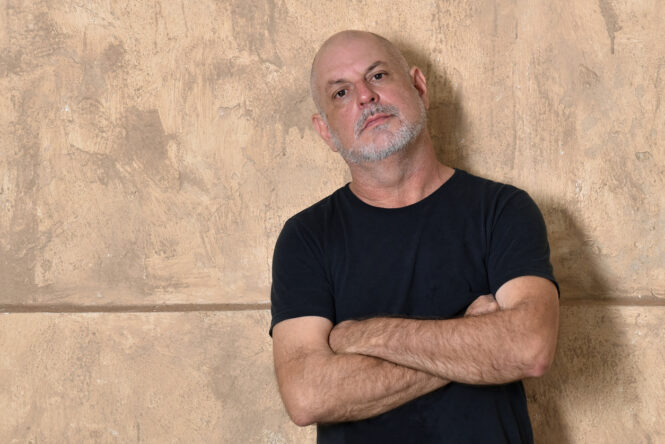It’s 2025, and while some things in parenting have moved forward, others feel ridiculously stuck in the past.

Certain expectations and assumptions still land differently depending on who’s parenting, how they’re doing it, or even just how they look doing it. These double standards might not always be obvious, but they still show up—quietly shaping who gets judged, praised, or second-guessed. Here are 12 that haven’t quite gone away.
1. Dads still get praised for doing the bare minimum.
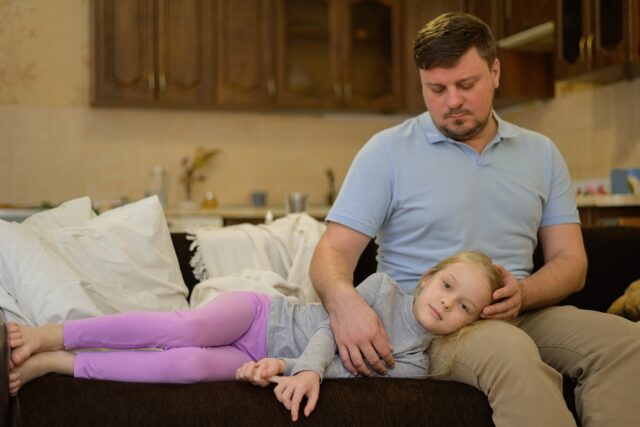
When a dad shows up to the school run or changes a nappy, people act like he deserves a standing ovation. It’s 2025 and somehow, fatherhood is still treated like an optional extra rather than part of the deal. Mums, on the other hand, are expected to juggle it all without blinking. If they forget a packed lunch, it’s poor parenting. If a dad forgets? It’s shrugged off with a joke about how “he’s trying his best.”
2. Working mums still get side-eyed.

Even now, there’s this quiet judgement that creeps in when mums are ambitious. People still question if she’s “missing out” or “putting career first” in a way that never seems to apply to dads. No one asks a father who’s working full-time if he feels guilty for not being at toddler playgroup. However, a mum doing the same often has to justify it, to other people and sometimes to herself.
3. Stay-at-home dads are treated like unicorns.
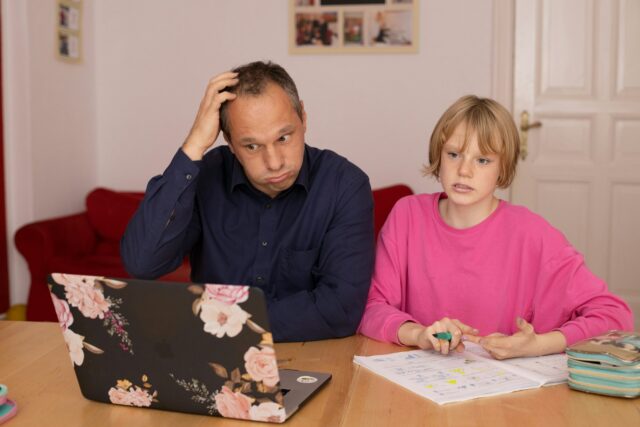 Source: Unsplash
Source: Unsplash They get applauded, questioned, or turned into a novelty. Instead of being seen as just another parenting choice, stay-at-home dads still get asked if they’re “unemployed” or “helping out.” The assumption is that it’s temporary or that they’re only doing it because something else fell through. Of course, no one questions stay-at-home mums in quite the same way—it’s just seen as standard.
4. Mums are expected to know every detail.

Doctors, teachers, and even family members still tend to direct all questions to the mother. She’s assumed to be the one with the answers about sleep schedules, allergies, school timetables—everything. If the dad doesn’t know, no one blinks. If the mum doesn’t know, people act like she’s dropped the ball. It’s an exhausting standard, especially in homes where parenting is genuinely shared.
5. Discipline looks different depending on who’s doing it.
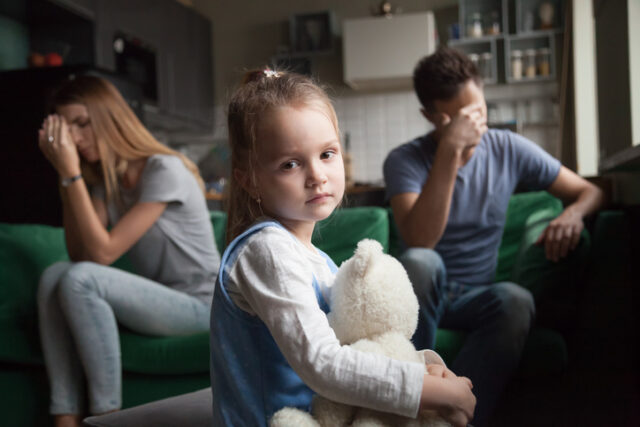
When a dad sets firm boundaries, it’s seen as strength. When a mum does it, she’s more likely to be called “harsh” or “too strict.” The same parenting style lands completely differently depending on the gender of the parent. That kind of framing creates weird power dynamics and pressures both ways. It pushes dads into the “tough but fair” box and mums into being the emotional buffer, even when both are just trying to be consistent.
6. Single dads get praise, single mums get questioned.
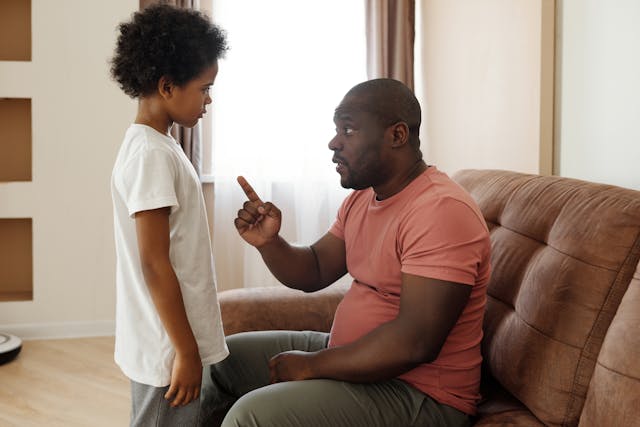
There’s still this sense that single dads are heroic, like they’ve stepped up in an incredible way. People applaud them for “doing it all.” But single mums? They’re often grilled about how they got there or why there’s no partner in the picture. It’s frustrating to watch. The same struggles get romanticised for one parent and scrutinised for the other. Support should be universal, not based on gender or who people assume deserves sympathy.
7. Parental burnout is more accepted in men.
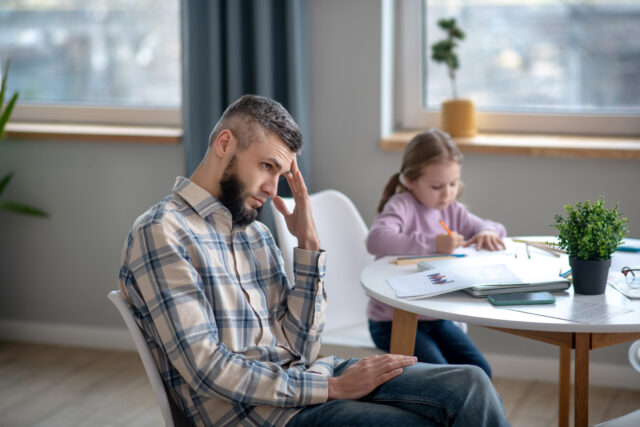
When dads say they’re tired, stressed, or overwhelmed, people rush to support them. There’s a softness in the response, like it’s okay for them to feel maxed out. Mums saying the same are more likely to be told to “hang in there” or “just be grateful.” There’s an expectation that they’ll keep going, no matter how close they are to burning out completely.
8. People still assume mums are the default parent.

When a child needs picking up, comforting, or managing, people automatically look to the mum, even if the dad’s standing right there. It’s like there’s an invisible line that defaults to “Mum first.” This shows up in schools, hospitals, birthday parties—you name it. Dads can be fully present and involved, but the assumption still clings that mums are the ones running the whole show.
9. Parents of different races still get extra scrutiny.
 Source: Unsplash
Source: Unsplash Multiracial families or parents who don’t “look like” their children still get questions and second glances. People ask if they’re the nanny or assume they’re not the “real” parent if the resemblance isn’t obvious. In 2025, it shouldn’t be happening, but it is. Families get judged through outdated filters, and parents of colour often have to work harder to be seen as legitimate caregivers.
10. Gentle parenting gets different reactions.
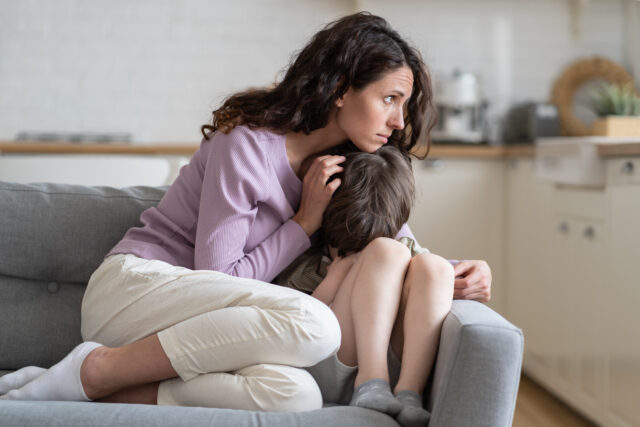
When a mum uses gentle parenting, she’s seen as overthinking or being “soft.” However, if a dad does the same, he’s labelled thoughtful, progressive, or emotionally intelligent. It’s the same approach, but the perception changes based on who’s doing it. That double standard quietly undermines women while applauding men for being involved in ways that used to be written off as maternal work.
11. Parental leave is still unequal in practice.

Legally, there may be more options now—but in reality, most dads still take minimal leave, often because it’s not culturally encouraged or financially practical. Meanwhile, mums are expected to pause everything, even when they’d rather not. Even in workplaces that offer shared leave, the uptake stays low because of these baked-in assumptions. It sends a clear message about who’s “meant” to be home in those early months, and who’s not.
12. Fathers are rarely judged for needing “me time.”
 Source: Unsplash
Source: Unsplash When dads take a weekend to themselves, it’s framed as well-deserved. No one bats an eye. But when a mum does it, there’s still a sense she should feel guilty, like she’s neglecting her role. This pressure shows up in subtle ways, like comments about “mum guilt” or asking who’s watching the kids. It reinforces the idea that self-care is indulgent for mums, but necessary for dads, which simply isn’t true.

